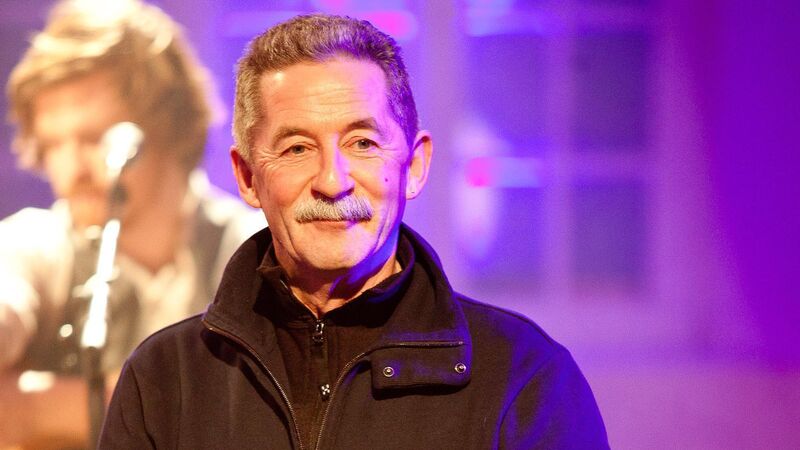Culture That Made Me: Philip King on Cork, Planxty and Amy Winehouse

Philip King, 70, grew up in Glasheen, Cork city. In 1980, his band Scullion released their debut album, and his documentary series Bringing It All Back Home won an Emmy Award in 1991. In 2003, Other Voices, the music festival and TV series which he created in Dingle, was first broadcast on RTÉ television. Plans were recently announced for a version of the show to be recorded at UCC.
He lives on the Dingle Peninsula where he broadcasts South Wind Blows, his RTÉ Radio 1 show. Scullion will perform at The Everyman, Saturday, Sept 24 as part of Coughlans Live Music Fest '22, and they also play other dates around the country. See: www.scullion.com




